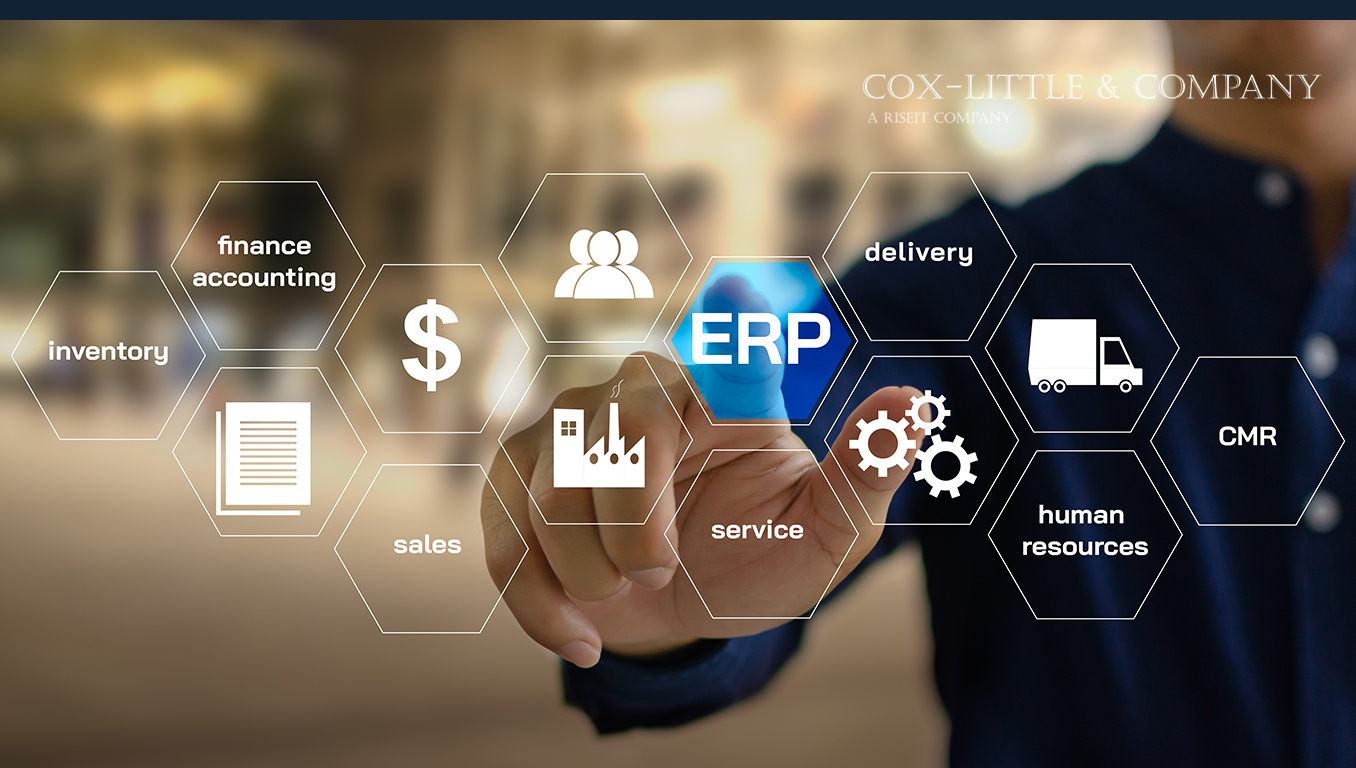Implementing or upgrading an ERP system is a major strategic move. For businesses leveraging Microsoft Dynamics ERP, success depends not only on the technology, but on the expertise guiding the implementation.
A qualified consultant can help align Dynamics with your processes, streamline workflows, and ensure long-term ROI. On the other hand, choosing the wrong partner can lead to missed deadlines, budget overruns, and systems that fail to meet user needs.
With numerous firms offering Microsoft Dynamics ERP consulting, how do you determine the right one?
Here are five essential questions to ask before making a decision.
1. Do They Understand Your Industry and Operational Needs?
ERP systems are not one-size-fits-all. Your business model, regulatory requirements, and operational challenges significantly influence how Dynamics ERP should be configured.
A consultant who understands your industry can tailor the solution more effectively to match your workflows, compliance standards, and reporting needs.
What to look for:
- Case studies from businesses similar to yours
- Knowledge of industry-specific modules or extensions
- Experience with similar reporting, compliance, or automation needs
The right Microsoft Dynamics ERP consulting partner won’t just implement software—they’ll bring context, insight, and relevant experience to the table.
2. What Is Their Approach to Change Management and User Training?
The success of your ERP project doesn’t end with go-live—it depends on how effectively your team adopts the system.
A good consultant should have a structured approach to change management, including internal communication plans, training resources, and a rollout strategy that supports users at every level.
What to look for:
- Role-based training and onboarding documentation
- Adoption tracking post-implementation
- User support during and after rollout
- Ongoing training for new employees or updated features
Consultants with deep experience in Microsoft Dynamics ERP consulting understand that digital transformation must include the people who use the system every day.
3. How Do They Balance Customization with Out-of-the-Box Configuration?
Customization can improve system alignment with your processes—but excessive or unnecessary customizations often lead to complexity, technical debt, and costly upgrades later.
A reliable consultant will guide you toward using standard Dynamics features whenever possible, and reserve custom development for areas where it delivers true business value.
What to ask:
- Can you share examples where configuration was prioritized over customization?
- How do you handle custom code when upgrading or migrating systems?
- How do you ensure custom features are documented and supportable?
A mature Microsoft Dynamics ERP consulting partner will find the right balance between tailoring the system and maintaining its long-term sustainability.
4. What Does Post-Go-Live Support Look Like?
Go-live is just the beginning. Issues often arise once real users start engaging with the system at scale.
Your consultant should have a clear plan in place to support your business after deployment, including response times, issue resolution, and ongoing optimization.
What to look for:
- Defined hypercare or stabilization period
- Support team structure and communication channels
- SLAs for handling issues or requests
- Roadmap planning for future phases or enhancements
Understanding Dynamics 365 Support should not be reactive. A capable partner will proactively monitor system performance and recommend continuous improvements based on your evolving needs.
5. Are They Transparent About Timelines, Costs, and Scope?
ERP implementations have a reputation for exceeding budget or taking longer than expected. While not all delays are avoidable, a transparent consulting partner will set realistic expectations and communicate openly throughout the project.
What to ask:
- Can you walk me through your project scoping and planning process?
- How do you handle change requests or scope adjustments?
- What are the key risks you see for our type of implementation—and how would you mitigate them?
Detailed proposals, milestone-based billing, and documented assumptions are all signs of a professional and trustworthy Microsoft Dynamics ERP consulting provider.
Bonus: Do They Have Strong Integration Capabilities?
In today’s interconnected business environment, your ERP system must integrate with a wide range of other platforms, including CRMs, e-commerce systems, BI tools, HR systems, and more.
An experienced consultant should be able to design and implement integrations using native connectors, APIs, or middleware—depending on your architecture.
Key integrations to ask about:
- Microsoft Power Platform (Power BI, Power Automate, Power Apps)
- E-commerce platforms like Shopify or Magento
- Legacy systems and external databases
- Payroll, HR, or CRM systems
Well-executed integrations can dramatically increase the value of your ERP system and reduce reliance on manual data entry.
Final Thoughts: It’s Not Just a Vendor—It’s a Partnership
Selecting a Dynamics ERP consultant is not a short-term transaction. It’s a partnership that impacts how your business operates today and scales for tomorrow.
The right Microsoft Dynamics ERP consulting firm will:
- Understand your industry and operations
- Support your team through change
- Provide thoughtful system design
- Offer long-term support and guidance
- Communicate clearly and transparently throughout the engagement
Asking the right questions upfront helps ensure your ERP investment delivers the outcomes your business needs—not just today, but for years to come.
Whether you’re preparing for a new implementation, an upgrade, or process optimization, these questions will help you identify a partner who can deliver with confidence, clarity, and commitment.

